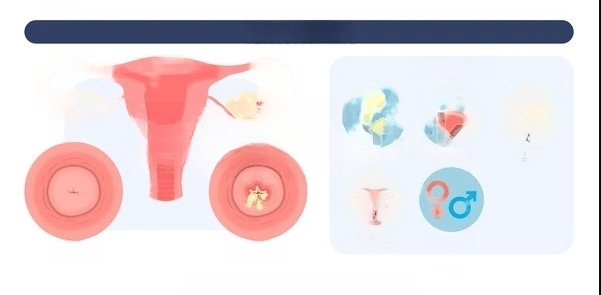17 Important Health Insurance Terms You Should Be Familiar With In Nigeria
Navigating the world of health insurance can be daunting, especially when you’re bombarded with unfamiliar terms and jargon. But fear not, because in this comprehensive guide, we’ll unravel the mysteries of health insurance terms and break them down so every Nigerian can become familiar with them.
Whether you’re considering getting health coverage or simply want to better understand your existing plan, this article is your key to unlocking the secrets of health insurance in Nigeria.
Health insurance is your financial safety net when it comes to medical expenses. It ensures that you have access to necessary healthcare services without bearing the full financial burden. But to make the most of your health insurance, you need to grasp the terminology that accompanies it.
Breaking Down the Health Insurance Terms
1. Premium
Your health insurance premium is the regular payment you make to keep your coverage active. Think of it as your subscription fee for health protection. It is usually paid ahead monthly or annually.
2. Coverage
Coverage encompasses the range of medical services and treatments included in your health insurance plan. It’s what your insurer will pay for when you need medical care.
3. Policyholder
The policyholder is the person who holds the health insurance policy. This could be you, your family, or even your employer if you have a group plan.
4. Provider
Healthcare providers are the professionals and facilities that offer medical services. This includes doctors, hospitals, clinics, and more
5. Co-pay (co-payment)
This signifies a predetermined portion of the insurance claim’s total cost that the policyholder is responsible for covering. The health insurance company steps in to settle the remaining portion of the claim amount.
6. Network
Health insurance networks consist of doctors, hospitals, and providers who have agreed to offer services at discounted rates to plan members.
7. Preventive Care
Preventive care includes services aimed at preventing illnesses or detecting them at an early stage. Often, these are covered without cost-sharing.
8. Claim
A claim is a request you or your healthcare provider submits to your insurance company for payment of covered healthcare services.
9. Emergency Medical Services
Emergency medical services provide immediate care for severe or life-threatening conditions, often covered as part of health insurance.
10. In-Network and Out-of-Network:
In-network providers are part of your insurance plan’s network, while out-of-network providers are not. Staying in-network often results in lower out-of-pocket costs.
11. Exclusions
Exclusions are specific healthcare services or treatments not covered by your insurance plan.
12. Waiting Period
Waiting period is the time you must wait after enrolling in a plan before certain coverages, like maternity or pre-existing conditions, become available. OYSHIA’s waiting period is between 30-60 days.
13. Grace Period
Grace period provides a specified timeframe after your premium due date during which your coverage remains active even if you haven’t paid your premium. OYSHIA has no grace period. Expired premium means no coverage.
14. Underwriting
Underwriting is the process insurers use to evaluate an applicant’s health history and determine eligibility for coverage. This mostly applies to people with pre-existing conditions.
15. Health Maintenance Organization (HMO)
An HMO is a type of health insurance plan that typically requires members to choose a primary care physician and get referrals for specialist care.
16. Preferred Provider Organization (PPO)
A PPO is a type of health insurance plan that offers more flexibility in choosing healthcare providers but often at higher costs for out-of-network care.
17. Out-of-station Care
This typically refers to healthcare services received by the insured individual when they are located outside their usual or designated coverage area or network. In such cases, health insurance policies may still offer coverage for medical expenses incurred during emergencies or while traveling, ensuring that policyholders have access to essential healthcare services even when they are away from their usual location. The specifics of out-of-station coverage can vary between different health insurance plans and providers. OYSHIA ensures you get emergency care so long you are within Oyo State.
With this comprehensive guide to common health insurance terms in Nigeria, you’re better equipped to navigate the complexities of healthcare coverage. Understanding these terms will not only help you make informed decisions but also ensure that you get the most out of your health insurance plan.
So, whether you’re looking to purchase health insurance or simply want to decode your existing policy, this guide has demystified the language of health insurance for you.
Don’t wait—start prioritizing your health and financial well-being today!
Ready to safeguard your health and financial future?
Explore our range of affordable health insurance plans tailored to your needs. Don’t wait until the unexpected happens—take charge of your well-being today. Let’s prioritize your health, one smart choice at a time.







